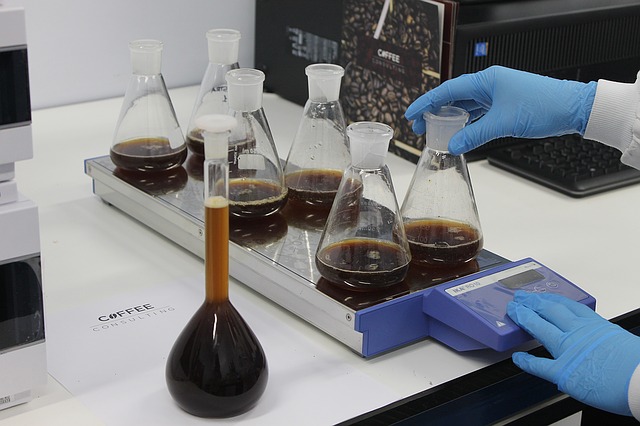Medical Careers following a Psych Degree

Psychology Degree --> Medical Career
It took a while, but now Western medicine acknowledges the mind-body relationship in the treatment and prevention of disease. As a result, the medical community has started to consider the importance of psychological and social factors in disease. This has led to a demand for psychological expertise in a wide array of medical issues. Of course, greater demand means that those with a psychology degree face unprecedented career opportunities in health care.
One career direction you might go is in patient care. You could become a mental health technician and help doctors, nurses, and psychologists in treating patients with mental/behavioral problems (e.g., substance abuse).
Please note that the comments of Dr. Golding and the others who post on this blog express their own opinion and not that of the University of Kentucky.
Want More?
Visit our website to learn more about possible careers for psychology majors or those interested in jobs that involve psychology.
Learn how to succeed in college with Professor Golding’s blog.
Check out Dr. Lippert’s website to learn about her work as a cognitive psychologist.
Follow us on Twitter and Facebook